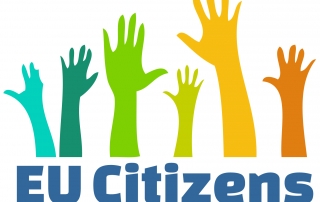Business Transparency
Helen Darbishire2018-11-13T10:11:54+01:00Businesses hold much information needed to combat corruption, to achieve tax justice, to identify influences on power, and to track those involved in human rights and environmental violations around the world. Access Info supports further efforts around Europe to expand transparency surrounding the activities of business, and we specifically campaign to increase access to company registers by using the right of access to information to make a case for open and public access. Our goal is also to map out current levels of current company register data and to open up company ownership information to the public. Access Info Europe








